2023
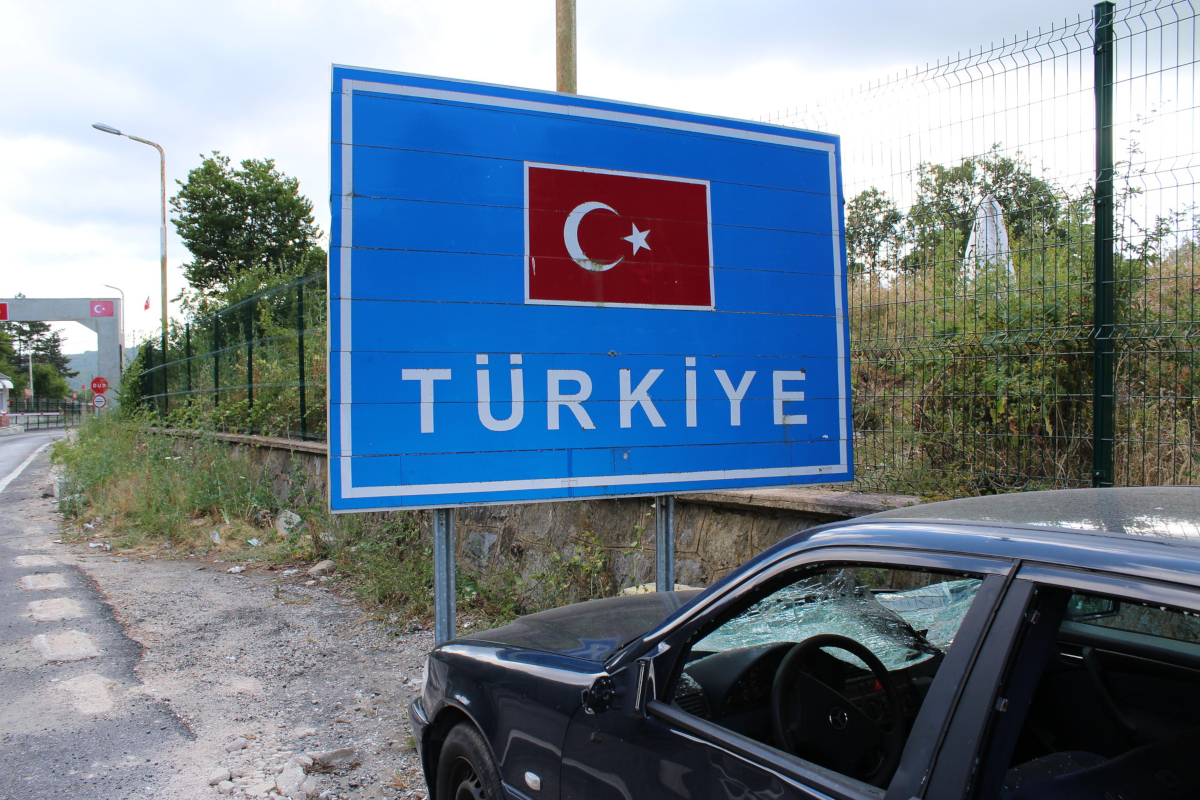
Von der Leyen letter: "key border between Bulgaria and Türkiye" is first target for €600 million fund
The European Commission is about to make €600 million available to "substantially support Member States with border control and technological equipment," and "a first objective" for that money "would be the key border between Bulgaria and Turkiye," says a letter to the European Council from Commission President Ursula von der Leyen.
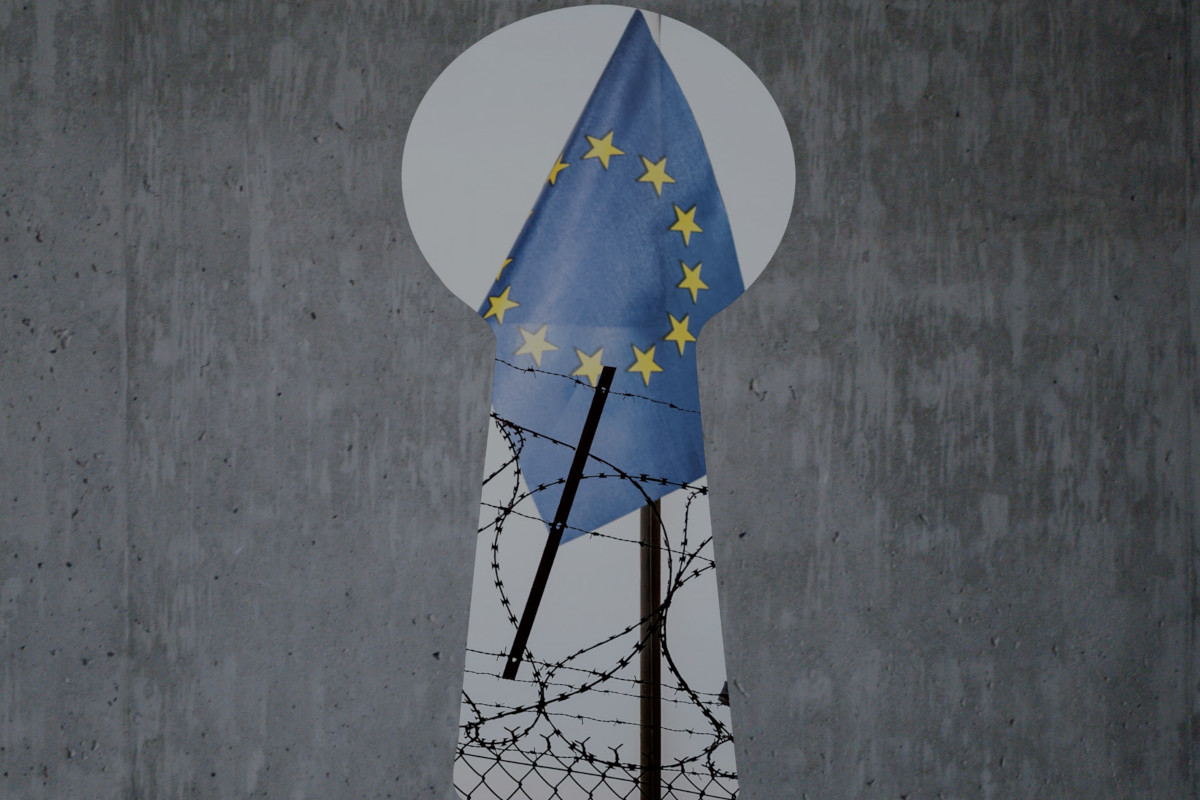
European interior ministers agreed new deportation scheme in secret
European interior ministers signed a secret joint statement in February last year that committed EU and Schengen states to increase financial and material support for deportations from the Balkans, increasing the region’s role as a migration “buffer zone”, a report published today by Statewatch and the Heinrich Böll Stiftung reveals.
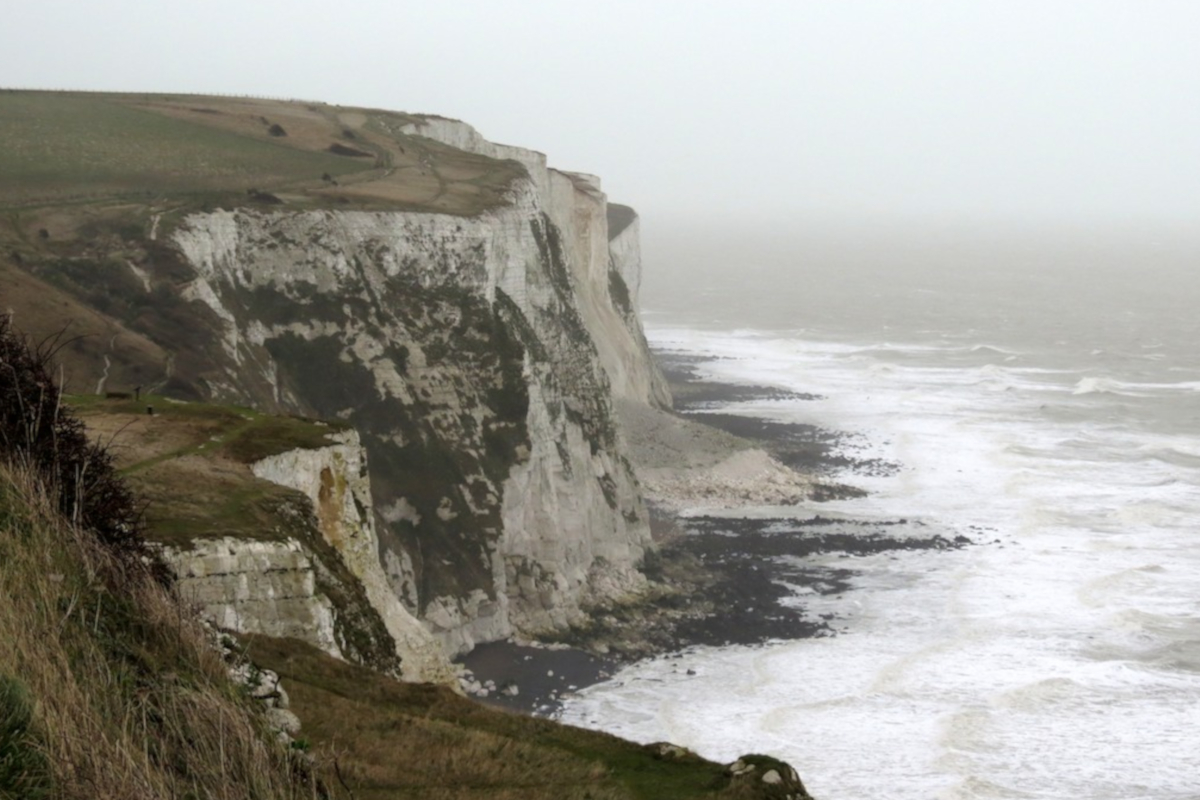
UK asylum plans could end police and judicial cooperation with the EU
The UK government's latest attack on refugees, described as "a clear breach of the Refugee Convention" and seemingly incompatible with the European Convention on Human Rights, could lead to the EU terminating parts of the Trade and Cooperation Agreement.

The externalisation of migration policies to the South is not the solution to the structural crisis of reception in the North
Statement published to coincide with the Justice and Home Affairs Council meeting of 9 and 10 March, calling for an end to repressive migration policies and "a return to Europe's founding values of solidarity and respect for the law". Signed by 16 organisations, including Statewatch.

EU: Simplify visa suspension to limit asylum applications, says Swedish Presidency
The Swedish Council Presidency says there is an “evident” need to revise the EU’s visa suspension mechanism due to “a near-record number of asylum applications in 2022” from citizens of visa-free countries and an “extremely cumbersome” process for removing countries from the visa-free list.

France: Proposed Olympic surveillance measures violate international human rights law
Civil society public letter on the proposed French law on the 2024 Olympic and Paralympic Games condemns a legal proposal to deploy algorithmic surveillance cameras in public spaces. The law would make France the first EU country to explicitly legalise such practices, violate international human rights law by contravening the principles of necessity and proportionality, and pose unacceptable risks to fundamental rights, such as the right to privacy, the freedom of assembly and association, and the right to non-discrimination.

EU: Note on state of play with current justice and home affairs legislative proposals
Last week the Swedish Presidency circulated a note to member states setting out the state of play with the 37 current justice and home affairs legislative proposals that are under negotiation.

UN migration data kept from the public but delivered to EU border externalisation body
In January, representatives of the International Organization for Migration (IOM) and UN refugee agency (UNHCR) gave presentations to a new EU body launched last year to propel the externalisation of migration policies. The presentations included multiple facts and figures that are no longer made public, and the UNHCR called for the UNHCR and EU member states to align their communications strategies, “without concealing challenges.”

New technologies having devastating impact on rights in counter-terrorism policy, says UN Special Rapporteur
"New technologies, particularly digital technologies, are transforming the ways in which human rights are impeded and violated around the world," says a damning new report by the Special Rapporteur on the promotion and protection of human rights and fundamental freedoms while countering terrorism, Fionnuala Ní Aoláin. The report "addresses the intersection of counter-terrorism and preventing and countering violent extremism with the use of new technologies," and condemns "the elevation of blinkered security thinking that has accompanied a particularly restrictive approach to countering terrorism".
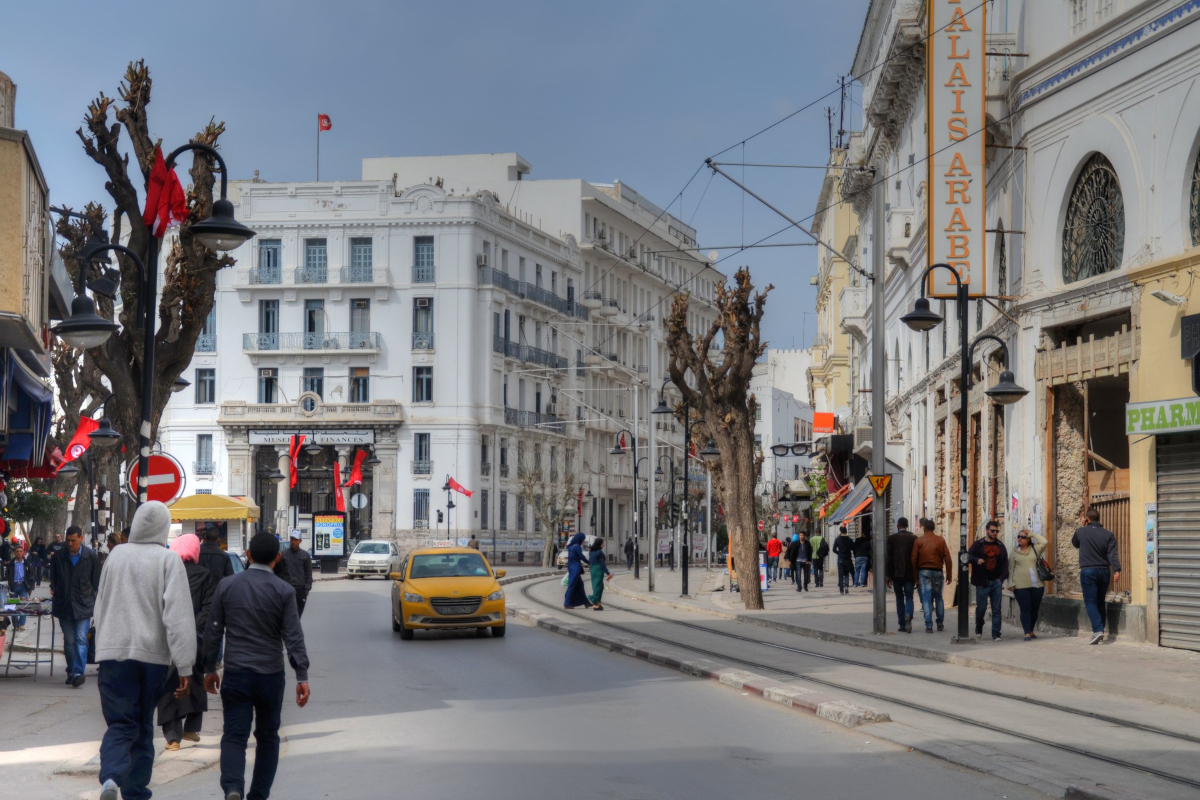
Statement against the racist and securitarian drift in Tunisia: Call for action and solidarity
A statement circulated amongst Migreurop members and others by the Fédération des Tunisiens Citoyens des deux Rives (FTCR). Statewatch is a signatory. A demonstration will take place outside the Tunisian embassy in Paris on Friday 3 March.

EU: Council discussing online content removal orders without judicial review
The proposed Regulation laying down rules to prevent and combat child sexual abuse (CSA Regulation) is most controversial for its provisions that will undermine encryption, fundamentally altering how the internet works, and thus making it less safe for all users. Calls for it to be withdrawn have been ignored by legislators. The latest Council Presidency compromise text would make it simpler for authorities to have online content removed or blocked, and limits rights to redress.
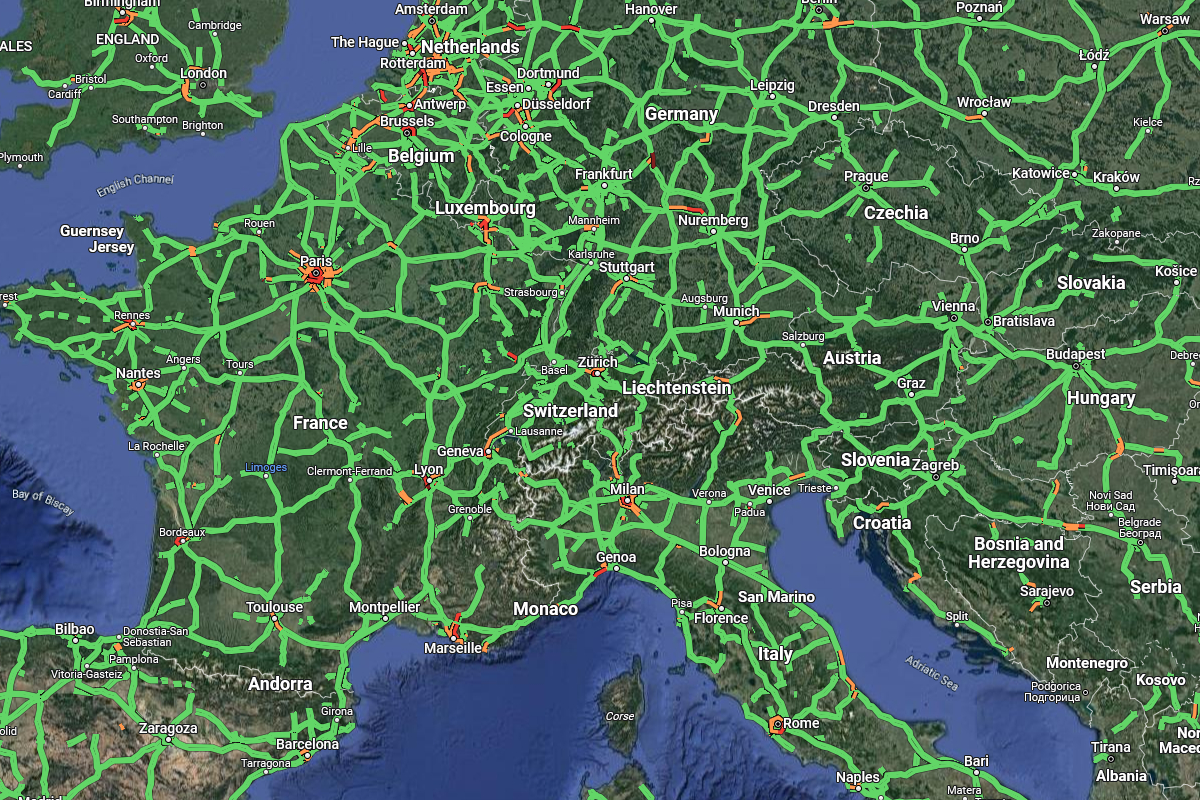
EU: Roadmap on implementing law enforcement operational cooperation
In order to implement a recent Council Recommendation on increasing operational cooperation between law enforcement authorities, the Swedish Presidency has produced a "roadmap" to show the state of play in each member state.

EU: Eurodac and Joint Investigation Teams: four-column documents ready for secret trilogues
The European Parliament and the Council of the EU will soon enter secret trilogue negotiations on two new pieces of legislation: Eurodac, the database on asylum-seekers that is being massively expanded to encompass people in an irregular migration situation; and a collaboration platform for Joint Investigation Teams working on cross-border criminal cases.

Exceptions, loopholes and carve-outs: Presidency wants “internal security needs” recognized in EU digital policies
The growing number of EU digital policies should “benefit” justice and home affairs actors whilst “addressing and minimizing the associated risks,” the Swedish Presidency of the Council argues in a recent discussion paper. The Council’s internal security committee, COSI, should continue to “monitor and discuss” relevant legal proposals to create “a positive narrative… on the justice and internal security needs related to technological development and digitalization,” says the document.
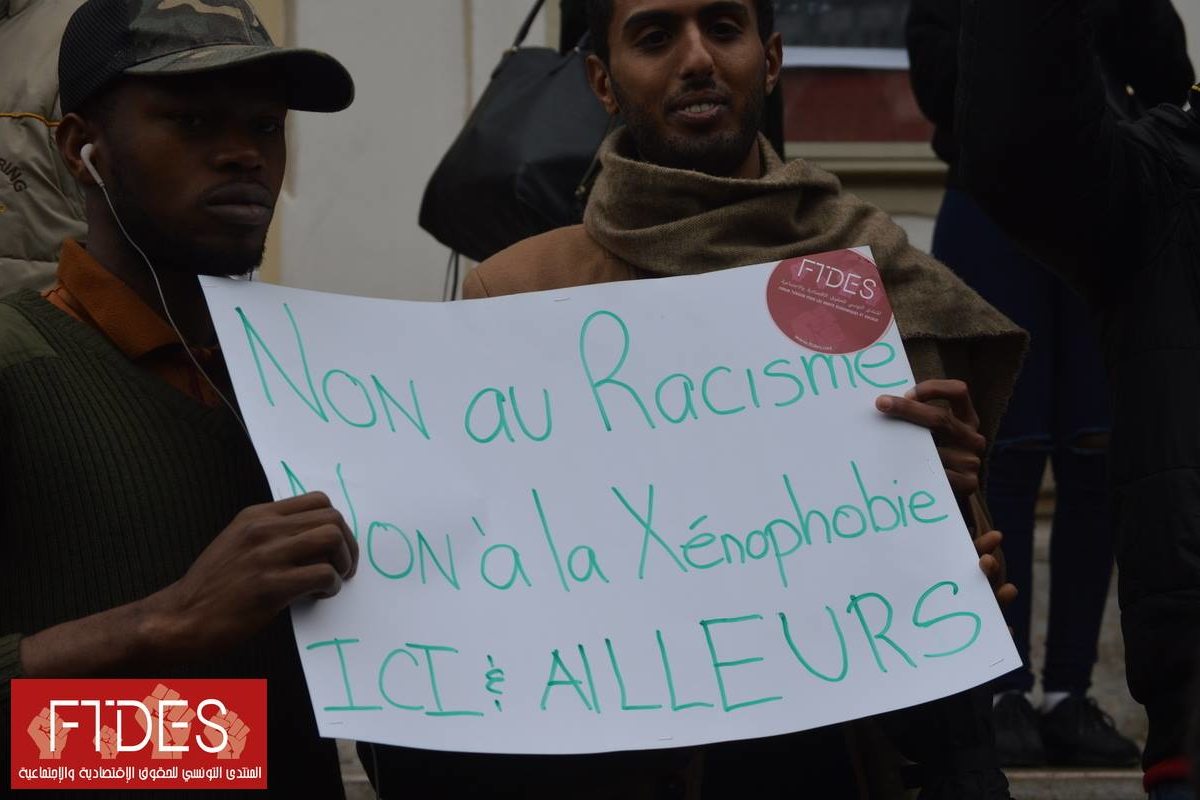
Arbitrary arrests and hate campaigns against sub-Saharan migrants in Tunisia
Press release originally published by the Forum Tunisien des Droits Economiques et Sociaux (FTDES) on 16 February.
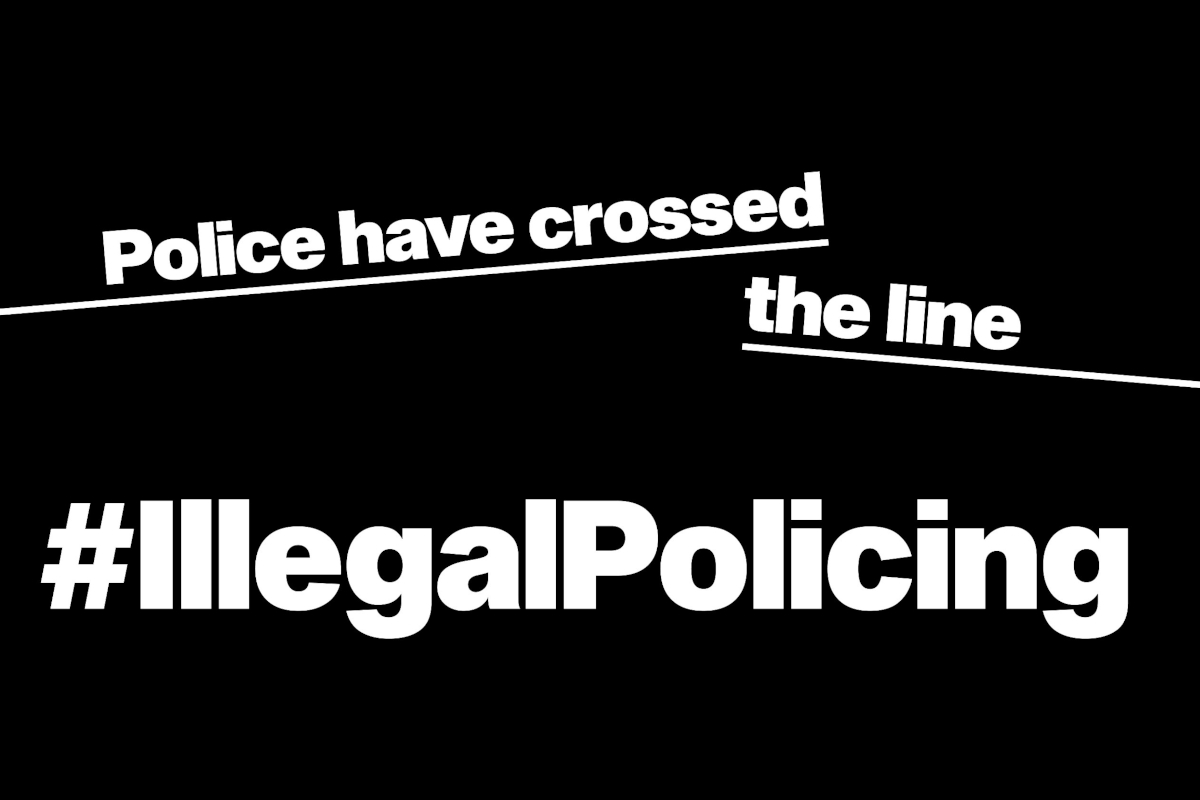
"Police have crossed the line": Statement on police infiltration in social movements in recent years in Barcelona
Following recent revelations about undercover police officers infilitrating social mvoements by using sexual and intimate relationships as cover, 88 organisations - including Statewatch - have joined a statement initiated by the legal centre Irídia calling for a "thorough, effective and independent investigation" and for an end to "any further police operations of a similar nature". Two undercover officers have been unmasked in Barcelona in the last nine months, and more recently another was outed in Valencia. Referring to similar cases in the UK, the statement notes that "the infiltration of police officers into social and political movements is a practice that has also been used in other countries."

EU: Deportations organized on the basis of “social media profiles”?
Thirteen non-EU countries sometimes accept "social media profiles and phone contacts" as evidence of identity for the purpose of deportations, according to an internal Commission assessment of third country cooperation on readmission. The assessment, which is produced annually, is used to determine where and how to apply pressure on third states not deemed to be sufficiently cooperative with deportations from EU member states.
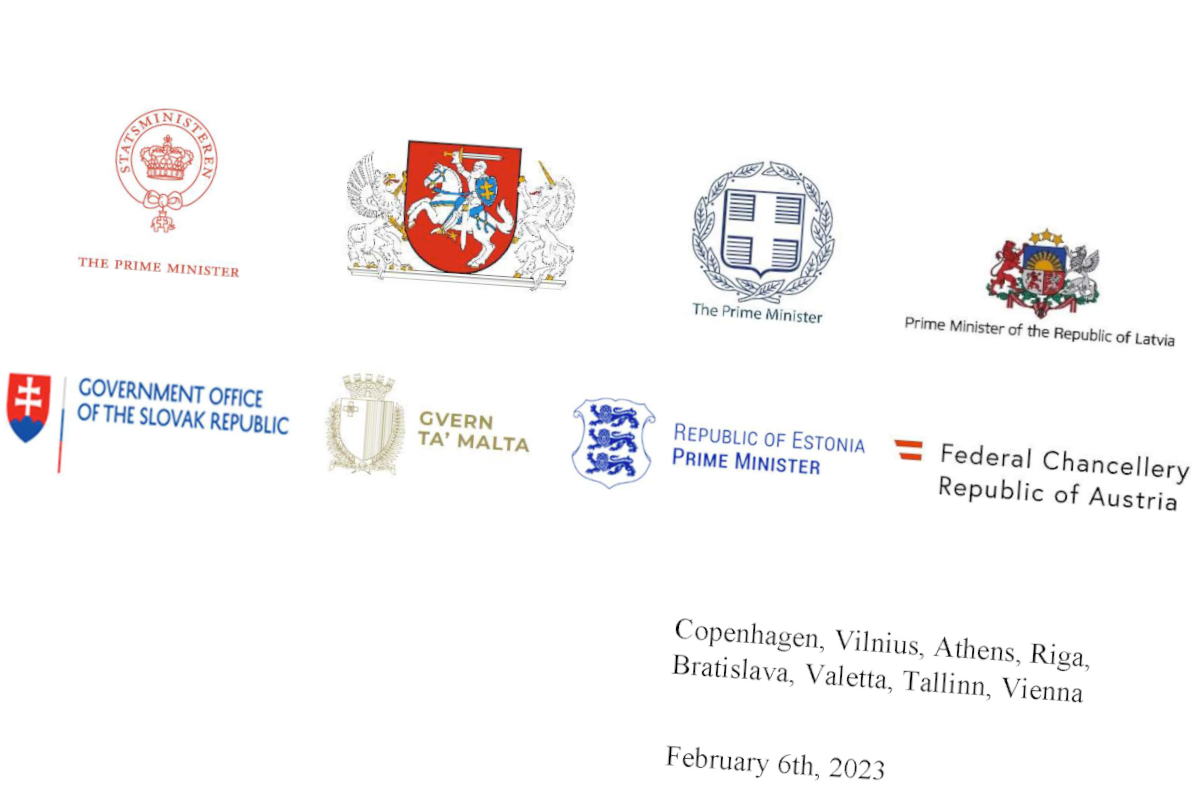
Eight states appeal to European Council: more fortification, deportation, externalisation, and "strategic communication"
The call comes in a letter signed by the prime ministers of Austria, Denmark, Estonia, Greece, Lithuania, Malta, Latvia and Slovakia that argues "the current asylum system is broken and primarily benefits the cynical human smugglers who take advantage of the misfortune of women, men and children."
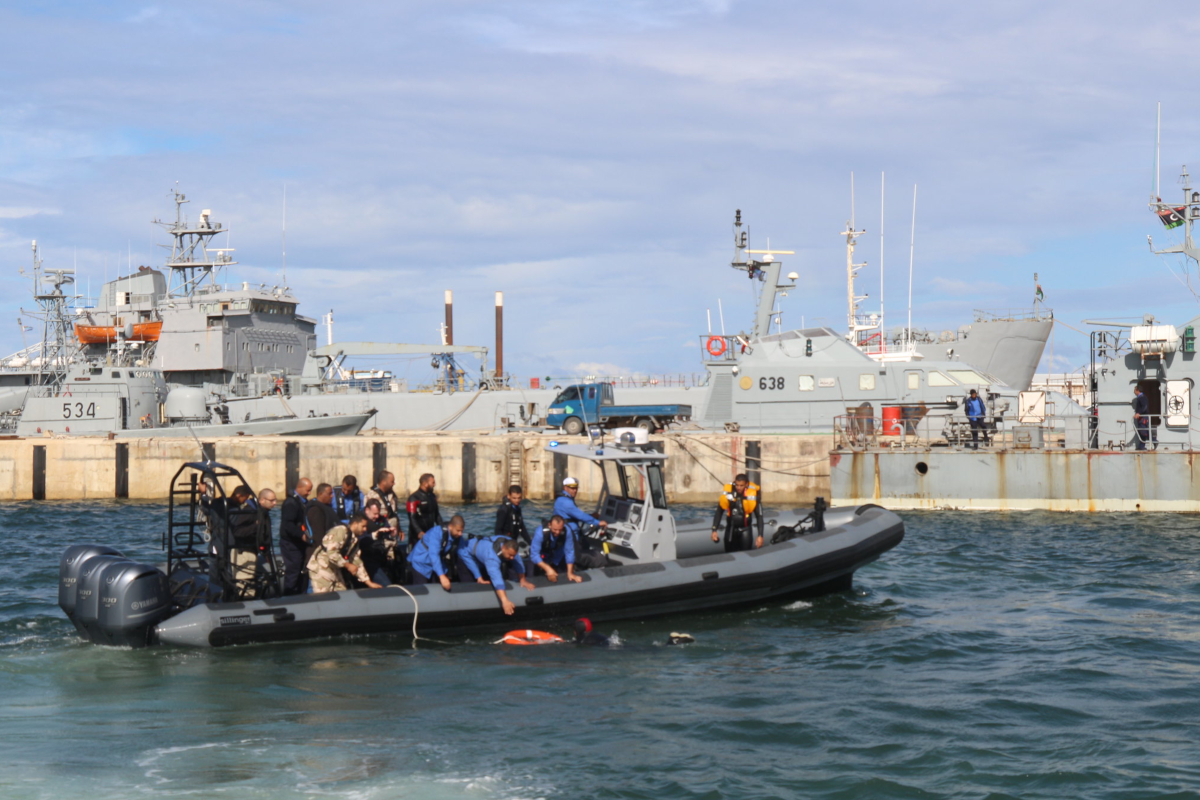
EU preparing new efforts to increase Libyan border controls
A draft “action file on Libya” is circulating within the Council of the EU. A version from January obtained by Statewatch indicates that there will be a fresh push to improve the ability of authorities in Libya to control the country’s southern borders and to prevent refugees from leaving the country by sea.

EU: Interoperable migration and police databases: a data trove for Frontex
The EU’s border agency, Frontex, will be able to access vast quantities of data once the EU’s ‘interoperable’ policing and migration databases are fully operational. In particular, its access to extensive new sets of statistics is intended to increase the detail, influence and reach of its risk analyses and policy recommendations.
Spotted an error? If you've spotted a problem with this page, just click once to let us know.